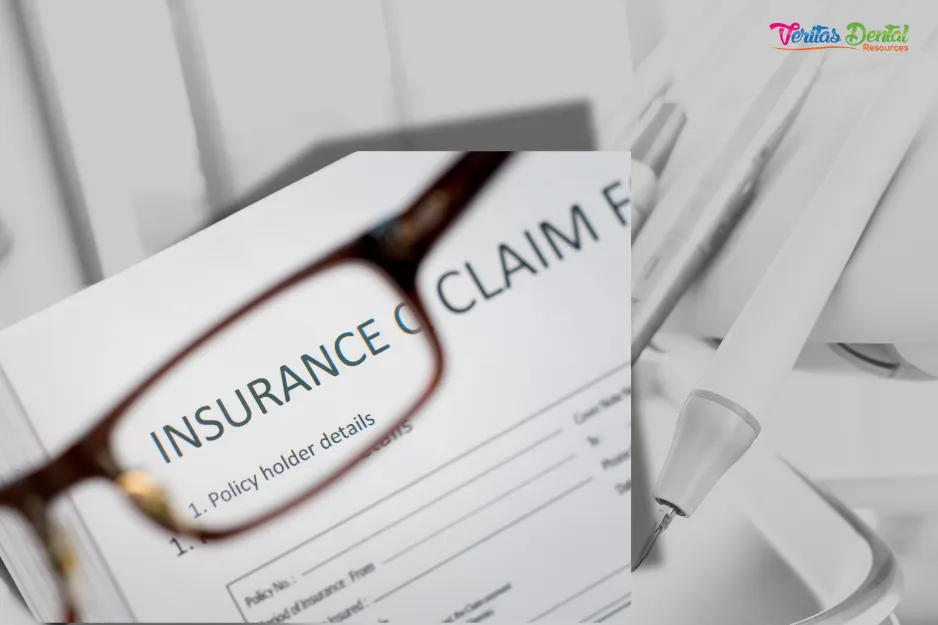
Federal Enforcement of Claims Fraud in Self-Funded Dental Plans: What Dentists Need to Know
Navigating the complexities of claims processing can be challenging, especially when it comes to self-funded dental plans. When you suspect claims fraud by insurance administrators—those processing claims on behalf of self-funded plans—it’s important to know which federal agencies can help enforce accountability and protect your practice. This article outlines the landscape of self-funded dental plans, explains how fraud may occur, and highlights the federal agencies that may assist you in addressing such issues.
1. Understanding Self-Funded Dental Plans
What Are Self-Funded Plans?
Employer-Sponsored Benefits:
Self-funded dental plans are typically provided by employers who assume the financial risk of providing benefits rather than purchasing traditional insurance.Governed by ERISA:
These plans are regulated under the Employee Retirement Income Security Act (ERISA), which sets standards for benefit plans in the private sector.Unique Claims Processing:
Because self-funded plans are managed internally or by third-party administrators (TPAs), issues related to claims processing and potential fraud can be more complex.
2. Types of Claims Fraud in Self-Funded Plans
Potential Fraud Scenarios:
Improper Denials:
Fraud may occur if claims are unfairly or systematically denied, often without clear, valid reasons.Overcharging or Misbilling:
Some administrators might manipulate billing data or charge excessive fees, affecting both provider reimbursements and patient out-of-pocket costs.Manipulation of Benefit Allocations:
In some cases, fraudulent practices may involve misallocating funds, thereby reducing the benefits that should be paid out to providers.
3. Federal Agencies That Can Help
While state insurance regulators typically oversee traditional insurance companies, self-funded plans fall under federal jurisdiction due to ERISA. The following federal agencies can play a role in investigating and enforcing claims fraud:
Department of Labor (DOL) – Employee Benefits Security Administration (EBSA):
ERISA Oversight:
EBSA is responsible for enforcing ERISA regulations, ensuring that self-funded benefit plans operate fairly and transparently.Handling Complaints:
If you suspect fraudulent practices or mismanagement in claims processing, you can file a complaint with EBSA. They have the authority to investigate and take corrective action if necessary.
Office of Inspector General (OIG):
Fraud Investigation:
The OIG, which operates under the Department of Health and Human Services (HHS) and other agencies, investigates healthcare fraud, including fraudulent billing practices related to benefit claims.Protecting Healthcare Funds:
They can initiate audits or investigations into practices that may be misappropriating funds or engaging in deceptive claims processing.
Department of Justice (DOJ) and the FBI:
Criminal Enforcement:
In cases where fraudulent activities reach the level of criminal behavior, the DOJ and the FBI may become involved.Coordinated Actions:
These agencies work together to pursue cases of significant fraud, especially when it impacts a large number of beneficiaries or involves organized schemes.
4. Steps to Take If You Suspect Fraud
Document and Verify:
Maintain Detailed Records:
Keep meticulous documentation of claim denials, billing discrepancies, and any correspondence with the plan administrators.Consult with Peers:
Discuss your concerns with other providers in your network; a pattern observed by multiple practices strengthens your case.
File a Complaint:
Contact EBSA:
You can file a formal complaint with the Employee Benefits Security Administration if you believe your self-funded plan is engaging in fraudulent practices.Reach Out to the OIG:
If you suspect that the issue involves healthcare fraud, consider reporting your concerns to the Office of Inspector General.Consider Legal Advice:
Consulting with a healthcare attorney experienced in ERISA matters can help ensure your complaint is well-founded and properly submitted.
Engage in Professional Advocacy:
Join Dental Associations:
Organizations such as the American Dental Association (ADA) often provide resources, legal updates, and advocacy support that can be invaluable when dealing with complex issues like claims fraud.Stay Informed:
Keep up with changes in ERISA regulations and federal enforcement policies to better understand your rights and available recourse.
5. Conclusion
If you’re facing a pattern of claims denials or suspect fraudulent practices by administrators of self-funded dental plans, there are federal agencies equipped to help. The Department of Labor’s EBSA, the Office of Inspector General, and, in severe cases, the DOJ and FBI, can all play roles in investigating and addressing claims fraud. By documenting your concerns, consulting with peers and legal experts, and formally reporting suspected fraud, you can help protect your practice’s revenue and ensure that self-funded benefit plans operate within the bounds of federal law.
Staying proactive and informed about your rights under ERISA is key to maintaining the financial health and integrity of your dental practice.
Benjamin Tuinei
Founder - Veritas Dental Resources, LLC
Phone: 888-808-4513
Services:
PPO Fee Negotiators | PPO Fee Negotiating | Insurance Fee Negotiating
Insurance Credentialing | Insurance Verifications
Websites:
www.VeritasDentalResources.com | www.VerusDental.com

